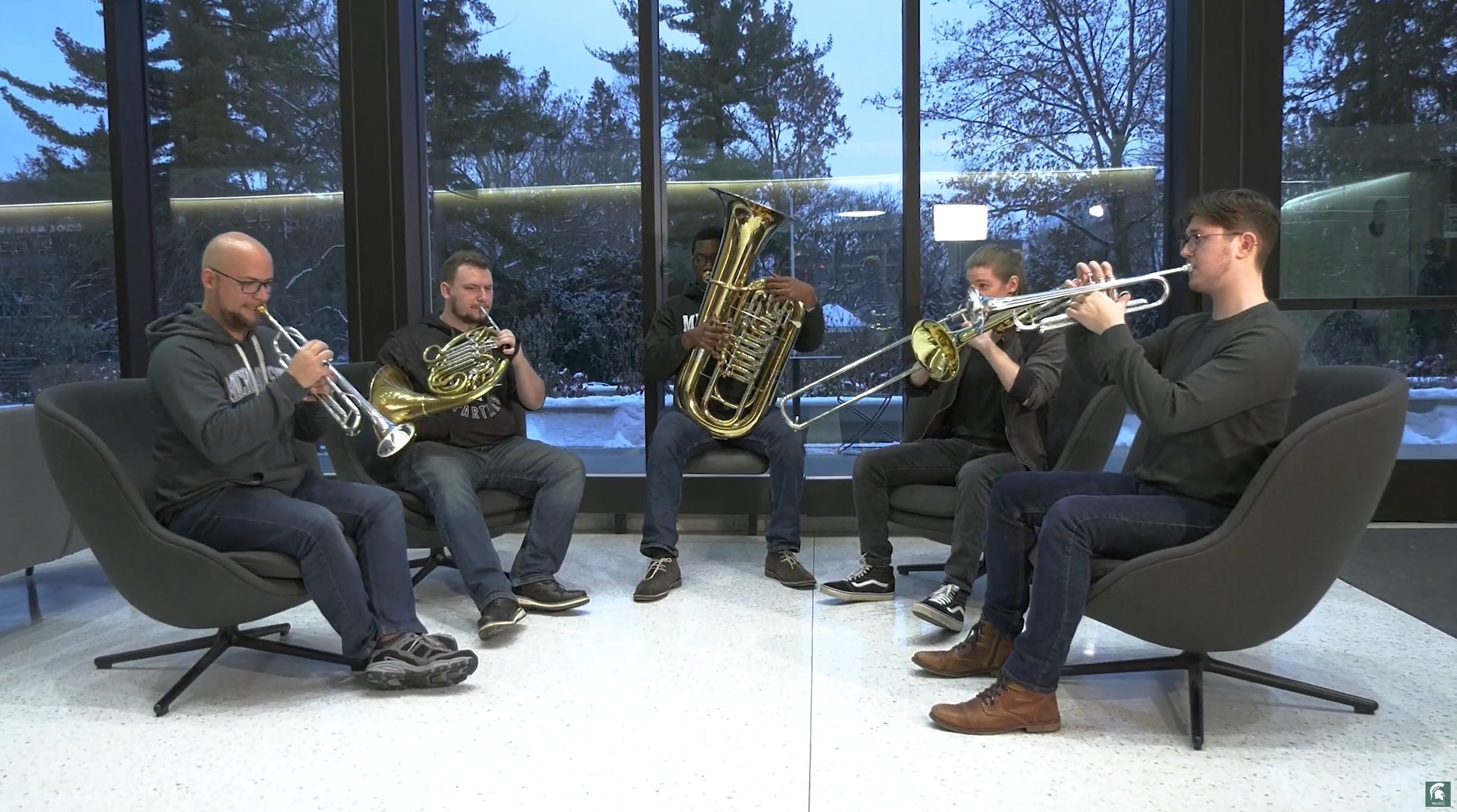
The Most Wonderful Time of Year
- Home Page 144

Dutch Institute for Fundamental Energy Research
“DIFFER” is a research institute domiciled at TU/e that is focused on advancing the development of sustainable energy technologies, such as fusion energy and solar fuels. It conducts fundamental research on plasma physics and materials science to understand the behavior of matter at extremely high temperatures and under extreme conditions.
DIFFER also collaborates with universities, research institutions, and industry partners to translate their research into practical applications. The institute’s ultimate goal is to develop new and innovative solutions to meet the world’s growing demand for energy while reducing greenhouse gas emissions and environmental impact.
Among its findings and recommendations: “Electrochemical Production of Ammonia from Renewable Energy: A Thermodynamic Analysis” published in the Journal of The Electrochemical Society in 2018, which evaluated the thermodynamic feasibility of using renewable energy to produce ammonia, an important fertilizer, through electrochemical processes.
N.B. Ammonia can be deployed for energy conservation purposes in various ways, such as:
- Energy storage: Ammonia can be used as a means of storing energy from renewable sources, such as wind and solar power, in the form of chemical energy. This stored energy can be released by converting ammonia back into electricity through fuel cells or by burning it in a combustion engine.
- Power generation: Ammonia can be used directly as a fuel in combustion engines or turbines to generate electricity, without emitting greenhouse gases or other harmful pollutants.
- Heating and cooling: Ammonia can be used as a refrigerant or heat transfer fluid in industrial processes, air conditioning systems, or district heating networks, reducing the energy required for cooling and heating.
- Fuel for transportation: Ammonia can be used as a fuel for ships, trains, or other heavy-duty vehicles, reducing emissions of greenhouse gases and other pollutants.
However, it is worth noting that the deployment of ammonia for energy conservation purposes requires the development of suitable technologies for its production, transportation, and storage, as well as the necessary infrastructure to support its use.
Just reached half a million followers here on @Twitter. Thank you guys so so much. Your support means the world to me!
Cheers to 500k! United we stand! ❤️ pic.twitter.com/X7jKmLxPQ2
— Eva Vlaardingerbroek (@EvaVlaar) June 15, 2023
Sleigh Ride
Let’s do it again @MSU_Basketball 🟢⚪️🏀 #GoGreen pic.twitter.com/S3l4cKQNcx
— Spartan Brass (@MSUSpartanBrass) March 19, 2022
Prime Rib Perfection
This content is accessible to paid subscribers. To view it please enter your password below or send mike@standardsmichigan.com a request for subscription details.
Crime Prevention Through Environmental Design
The most widely cited standard on school security in the United States is the Crime Prevention Through Environmental Design guidelines developed by the National Institute of Justice . CPTED is a multidisciplinary approach to deterring criminal behavior through the design and management of the built and natural environment. It emphasizes the importance of designing schools and their surroundings in a way that maximizes natural surveillance, territoriality, and access control, while minimizing opportunities for crime and creating a sense of ownership and community.
CPTED guidelines have been adopted by many schools and law enforcement agencies across the country and are often referenced in school safety plans, security assessments, and training programs required by the Clery Disclosure of Campus Security Policy and Campus Crime Statistics Act.
Bethlehem Down
The secular world adapts;
the Church endures.
History of Western Civilization Told Through the Acoustics of its Worship Spaces
New update alert! The 2022 update to the Trademark Assignment Dataset is now available online. Find 1.29 million trademark assignments, involving 2.28 million unique trademark properties issued by the USPTO between March 1952 and January 2023: https://t.co/njrDAbSpwB pic.twitter.com/GkAXrHoQ9T
— USPTO (@uspto) July 13, 2023
Standards Michigan Group, LLC
2723 South State Street | Suite 150
Ann Arbor, MI 48104 USA
888-746-3670




















